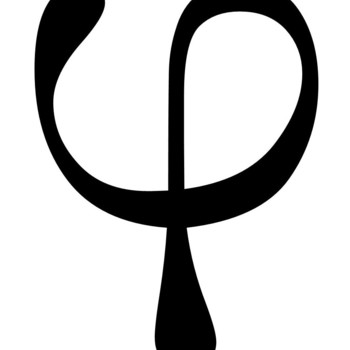Rewrite:
#lim_(x->oo)root(4)xe^(-2x)=lim_(x->oo)x^(1/4)/e^(2x)# (Because #e^-x=1/e^x#, #root(a)x=x^(1/a)#)
Let's evaluate #lim_(x->oo)x^(1/4)/e^(2x)# straight away and see what happens:
#lim_(x->oo)x^(1/4)/e^(2x)=oo^(1/4)/(e^(2*oo))=oo/oo#
We have an indeterminate form; thus, we must apply l'Hopital's Rule, which tells us that
#lim_(x->a)f(x)/g(x)=lim_(x->a)(f'(x))/(g'(x))#
whenever #lim_(x->a)f(x)/g(x)# yields an indeterminate form.
For #lim_(x->oo)x^(1/4)/e^(2x)#, we see #f(x)=x^(1/4), g(x)=e^(2x)#. Differentiating, we get
#f'(x)=1/4x^(-3/4), g'(x)=2e^(2x)#
We can now rewrite our limit with l'Hopital's Rule applied:
#lim_(x->oo)x^(1/4)/e^(2x)=lim_(x->oo)(1/4x^(-3/4))/(2e^(2x))=lim_(x->oo)(1/4)/(2x^(3/4)e^(2x))# (Because #x^-a=1/x^a#, we move our negative exponent to the denominator)
Let's evaluate:
#lim_(x->oo)(1/4)/(2x^(3/4)e^(2x))=(1/4)/(2(oo)^(3/4)e^(2*oo))=(1/4)/oo=0#
(Because any constant value divided by an extremely large value yields #0. a/oo=0.#)


